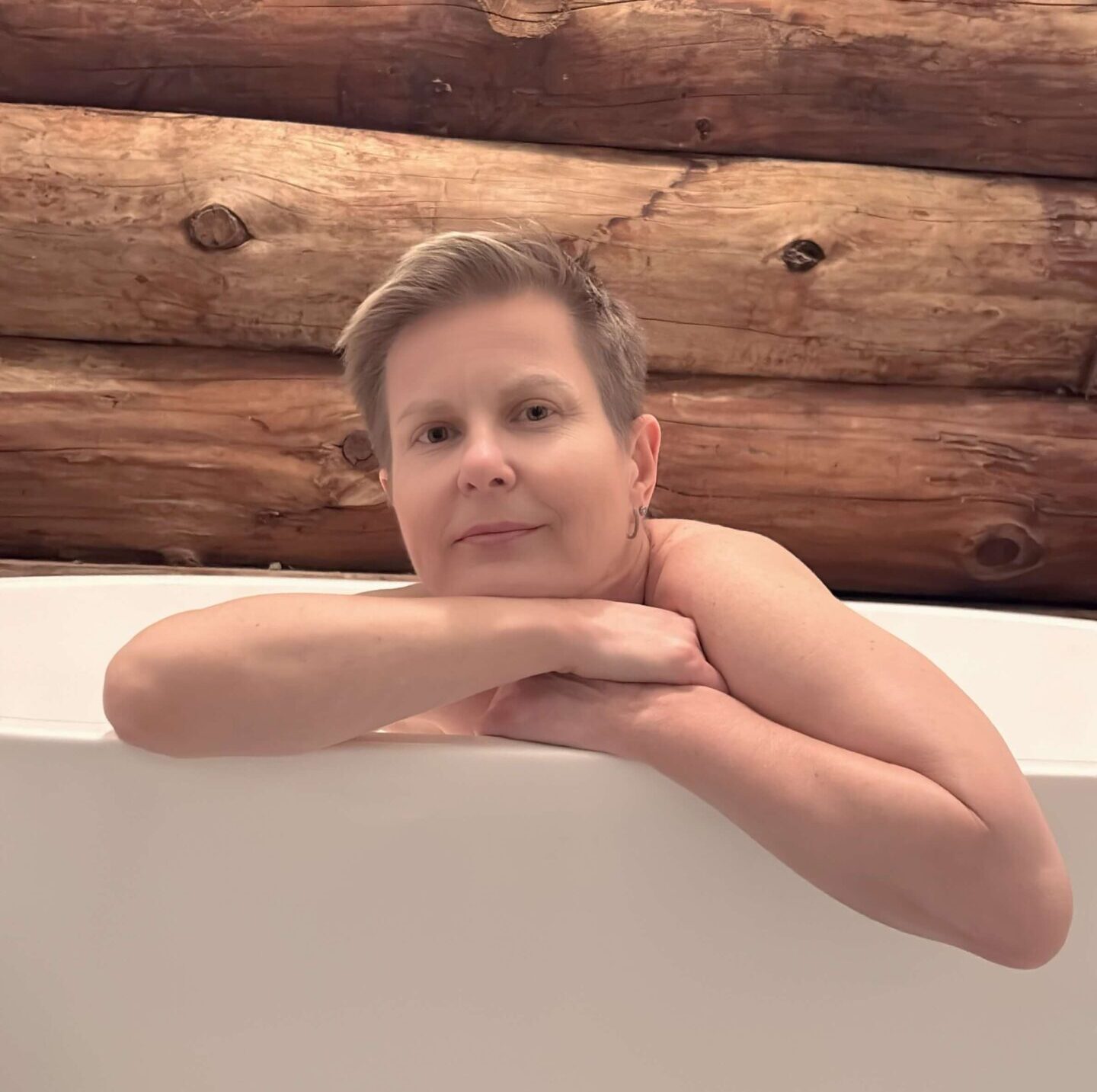From Stage 4 Cancer to Passion and Growth
In Western society, we are rarely taught how to confront the fear of death. We live our lives as if we are immortal, which is why a cancer diagnosis often leads to panic and deep depression. For Vera, who had spent most of her life selflessly caring for others, her stage 4 cancer diagnosis taught her two profound lessons: accept your mortality and live each day as if it were your last. She now shares this wisdom with others, emphasizing that you cannot truly help others unless you first take care of yourself.
Vera was born in Minsk, Belarus, in 1972 to an intellectual family. Both of Vera’s parents were university professors who instilled in her a love for reading and a curiosity for knowledge. However, this upbringing came with a price—Vera was always expected to excel in everything, often at the expense of her own feelings. So much so that when her younger brother was born, Vera, at just 5 years old, was expected to care for him, effectively ending her carefree childhood. Vera mastered the skill of never showing her true feelings and always doing what was expected of her. While this skill proved effective in her career, it was devastating to her emotional well-being and health later in life.
The turmoil inside her bubbled up exponentially, with no way to escape.

When Vera’s parents separated and later divorced, she perfected the skill of completely shutting off her feelings (occasionally crying at night). From the age of 12, Vera showed no emotion—good or bad. The mask she put on as a child remained with her until her stage 4 cancer diagnosis at 51.
Vera’s favorite song, “She Walks Through Life Smiling,” which she used to listen to daily by the turntable, became the soundtrack of her life. As we talk, she sings:
“
“She goes through life smiling.
She is easy going, just like the wind. Not a worry in the world
She doesn’t fall face-first.
Her tested way to solve her problems,
Act as if there were none :
See the sunshine in it all!”
And just like the character in the song, Vera masters the skill of ignoring her own feelings and reactions to any negative or traumatic situation in life, using her sense of humor as a defense mechanism to hide her traumas.
To please her parents and societal expectations in Soviet Belarus, Vera gets married early at 21 and gives birth to her daughter at 22. She received a legal degree from a reputable university in Belarus but quickly became bored with the prospect of a 9-5 job. Instead, she tried various occupations, from a salesperson at Mary Kay to a jurist at the Turkish Embassy, but still felt empty. Instead of listening to her inner self, Vera continued to prove to herself and others that her willpower and sense of responsibility were stronger than her wants. She viewed her wants as weaknesses and not worthy of her efforts.
The only time Vera felt a glimpse of internal satisfaction was when she volunteered to work at a local orphanage and even pursued a second degree in social psychology at 45. But. Vera couldn’t allow herself to become a psychologist because everyone around her, including herself, felt that with a legal degree, she had to be a lawyer. And so she complied, first working as a solo practitioner and then as in-house counsel at a foreign corporation. All of this, including a divorce, a new marriage, and having a second child, further broke her connection with her inner self.